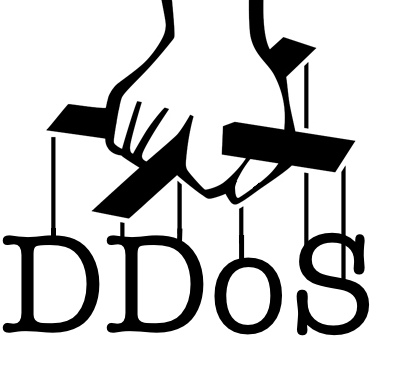Author Archives: Justin Paine
Author Archives: Justin Paine
Cloudflare's latest transparency report — covering the first half of 2025 — is now live. As part of our commitment to transparency, Cloudflare publishes such reports twice a year, describing how we handle legal requests for customer information and reports of abuse of our services. Although we’ve been publishing these reports for over 10 years, we’ve continued to adapt our transparency reporting and our commitments to reflect Cloudflare’s growth and changes as a company. Most recently, we made changes to the format of our reports to make them even more comprehensive and understandable.
In general, we try to provide updates on our approach or the requests that we receive in the transparency report itself. To that end, we have some notable updates for the first half of 2025. But our transparency report can only go so far in explaining the numbers.
In this blog post, we’ll do a deeper dive on one topic: Cloudflare’s approach to streaming and claims of copyright violations. Given increased access to AI tools and other systems for abuse, bad actors have become increasingly sophisticated in the way they attempt to abuse systems to stream copyrighted content, often incorporating steps to hide their behavior. We’ve Continue reading

Two weeks ago we wrote about Cloudflare's approach to dealing with child sexual abuse material (CSAM). We first began working with the National Center for Missing and Exploited Children (NCMEC), the US-based organization that acts as a clearinghouse for removing this abhorrent content, within months of our public launch in 2010. Over the last nine years, our Trust & Safety team has worked with NCMEC, Interpol, and nearly 60 other public and private agencies around the world to design our program. And we are proud of the work we've done to remove CSAM from the Internet.
The most repugnant cases, in some ways, are the easiest for us to address. While Cloudflare is not able to remove content hosted by others, we will take steps to terminate services to a website when it becomes clear that the site is dedicated to sharing CSAM or if the operators of the website and its host fail to take appropriate steps to take down CSAM content. When we terminate websites, we purge our caches — something that takes effect within seconds globally — and we block the website from ever being able to use Cloudflare's network again.


In a blogpost yesterday, we addressed the principles we rely upon when faced with numerous and various requests to address the content of websites that use our services. We believe the building blocks that we provide for other people to share and access content online should be provided in a content-neutral way. We also believe that our users should understand the policies we have in place to address complaints and law enforcement requests, the type of requests we receive, and the way we respond to those requests. In this post, we do the dirty work of addressing how those principles are put into action, specifically with regard to Cloudflare’s expanding set of features and products.
Currently, we receive abuse reports and law enforcement requests on fewer than one percent of the more than thirteen million domains that use Cloudflare’s network. Although the reports we receive run the gamut -- from phishing, malware or other technical abuses of our network to complaints about content -- the overwhelming majority are allegations of copyright violations copyright or violations of other intellectual property rights. Most of the complaints that we receive do not identify concerns with particular Cloudflare services Continue reading

Cloudflare has covered DDoS ransom groups several times in the past. First, we reported on the copycat group claiming to be the Armada Collective and then not too long afterwards, we covered the "new" Lizard Squad. While in both cases the groups made threats that were ultimately empty, these types of security events can send teams scrambling to determine the correct response. Teams in this situation can choose from three types of responses: pay the ransom and enable these groups to continue their operations, not pay and hope for the best, or prepare an action plan to get protected.
We can’t stress enough that you should never pay the ransom. We fully understand that in the moment when your website is being attacked it might seem like a reasonable solution, but by paying the ransom, you only perpetuate the DDoS ransom group’s activities and entice other would be ransomers to start making similar threats. In fact, we have seen reports of victim organizations receiving multiple subsequent threats after they have paid the ransom. It would seem these groups are sharing lists of organizations that pay, and those organizations are more likely to be targeted again in Continue reading

CloudFlare recently wrote about the group of cyber criminals claiming to be be the "Armada Collective." In that article, we stressed that this group had not followed through on any of the ransom threats they had made. Quite simply, this copycat group of cyber criminals had not actually carried out a single DDoS attack—they were only trying to make easy money through fear by using the name of the original “Armada Collective” group from late 2015.
Since we published that article earlier this week, this copycat group claiming to be "Armada Collective" has stopped sending ransom threats to website owners. Extorting companies proves to be challenging when the group’s email actively encourages target companies to the search for the phrase “Armada Collective” on Google. The first search result for this phrase now returns CloudFlare’s article outing this group as a fraud.

Beginning late Thursday evening (Pacific Standard Time) several CloudFlare customers began to receive threatening emails from a "new" group calling itself the “Lizard Squad”. These emails have a similar modus operandi to the previous ransom emails. This group was threatening DDoS attacks unless a ransom amount was paid to a Bitcoin address before a deadline. Based on discussions Continue reading